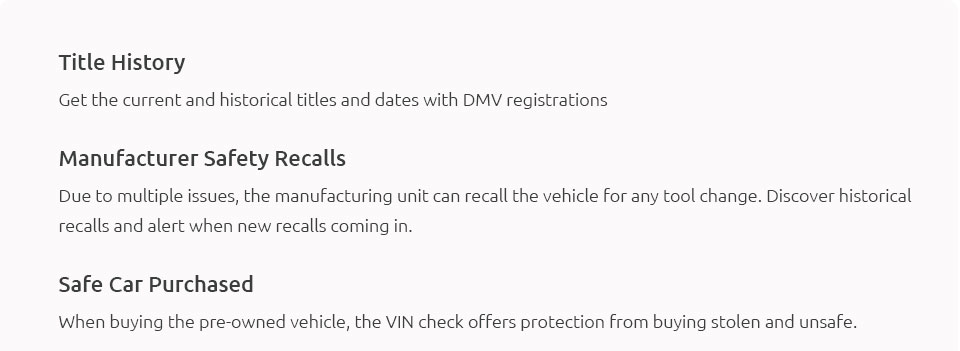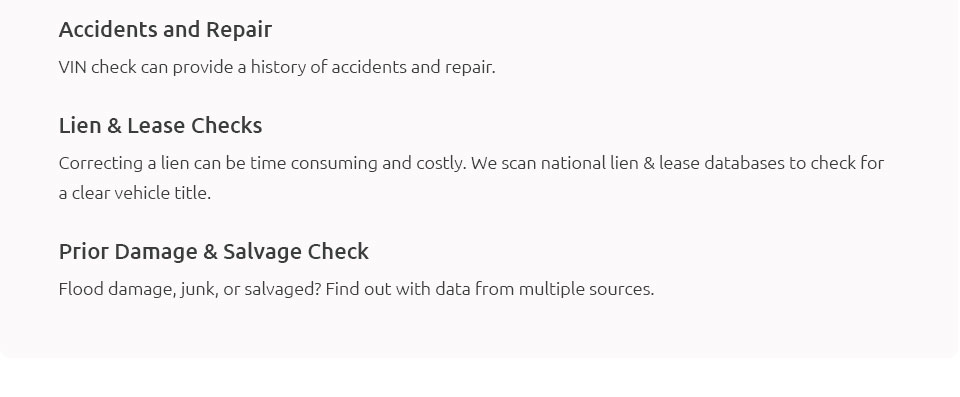 |
 |
 |
 |
 |
||
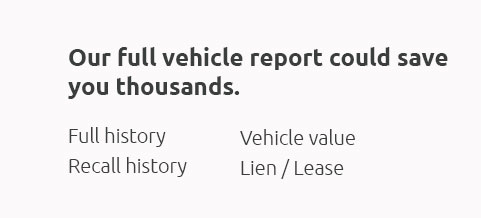 |
 |
|
 |
 |
|
 |
 |
 |
 |
||
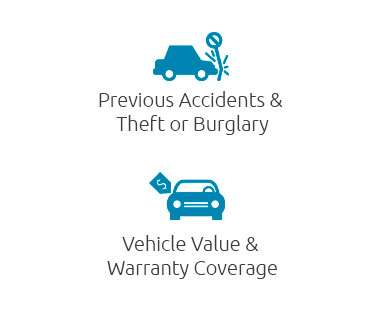 |
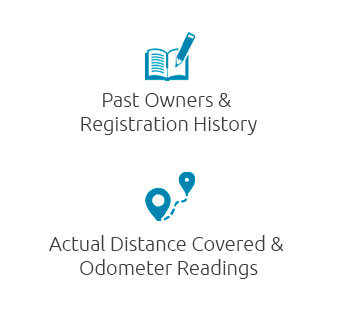 |
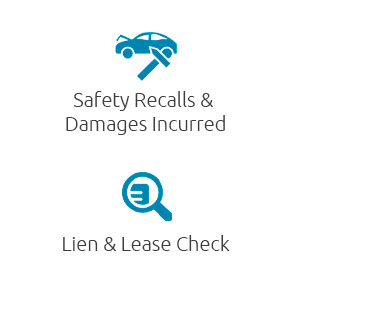 |
 |
 |
 |
||||
|
||||
 |
 |
Mileage by VIN Number: A Comprehensive OverviewIn the vast and often complex world of automobiles, understanding the intricacies of a vehicle's history is crucial for both buyers and sellers alike. One significant aspect of this history is the vehicle's mileage, a factor that can dramatically influence its value and performance. This is where the Vehicle Identification Number (VIN) comes into play, offering an insightful glimpse into a car's past, including its mileage. The VIN is essentially the fingerprint of a vehicle, a unique 17-character code that provides detailed information about the car's make, model, and year, as well as its history. Using this number, you can uncover a wealth of data, including the mileage, which can be critical when evaluating the true worth of a vehicle. However, understanding how to effectively use the VIN to check mileage requires a bit of know-how. Why Mileage Matters Before delving into the specifics of using a VIN to check mileage, it's important to understand why mileage is such a significant factor. In essence, mileage is a direct indicator of how much a vehicle has been used. Cars with high mileage often show more wear and tear, which can lead to higher maintenance costs and reduced reliability. Conversely, low-mileage vehicles are typically more appealing due to their presumed better condition and longer remaining lifespan. How to Check Mileage Using a VIN To access mileage information via a VIN, you typically need to use a specialized service or database. Many online platforms offer VIN decoding services that provide comprehensive vehicle history reports. These reports include details such as accident history, title changes, and of course, mileage records. It's worth noting, however, that not all mileage data may be available or accurate, especially if the vehicle has been subjected to odometer fraud-a practice where the odometer reading is tampered with to display a lower mileage than the car has actually traveled. While using VIN for mileage checks is helpful, it is also beneficial to consult other resources. For instance, understanding a car's previous ownership can offer additional insights into its use and maintenance. If you're curious about how can i check the previous owners of a car, there are dedicated services that can assist with that as well. Additional Insights from VIN Beyond mileage, the VIN can provide other essential details, such as the vehicle's service history and technical service bulletins (TSBs). TSBs are recommendations issued by manufacturers to address common issues with specific models. For example, if you own a Ford and need to investigate potential recalls or common issues, you might consider a ford tsb lookup by vin for a thorough examination. Conclusion In summary, using a VIN to determine a vehicle's mileage is an invaluable tool for anyone involved in the buying or selling of cars. While the process might seem daunting at first, the information obtained through this method can save you from potential pitfalls and ensure you make informed decisions. As always, pairing VIN checks with other vehicle history reports will provide a more comprehensive view of the car's past, allowing you to proceed with confidence in your automotive ventures. https://www.clearvin.com/en/vin-mileage-check/
Once you've located the VIN, enter it on the VIN data provider's website to check the mileage. In the ClearVin vehicle history report, you'll find information ... https://www.vinaudit.com/mileage-vin-check
Mileage check (VIN lookup) refers to verifying the car's accurate total miles traveled using the vehicle identification number (VIN). https://vincheck.info/mileage-vin-check
How to Perform a VinCheck.info Mileage VIN Check - Start by obtaining the vehicle's VIN number which can be found on the driver's side dashboard, ...
|

